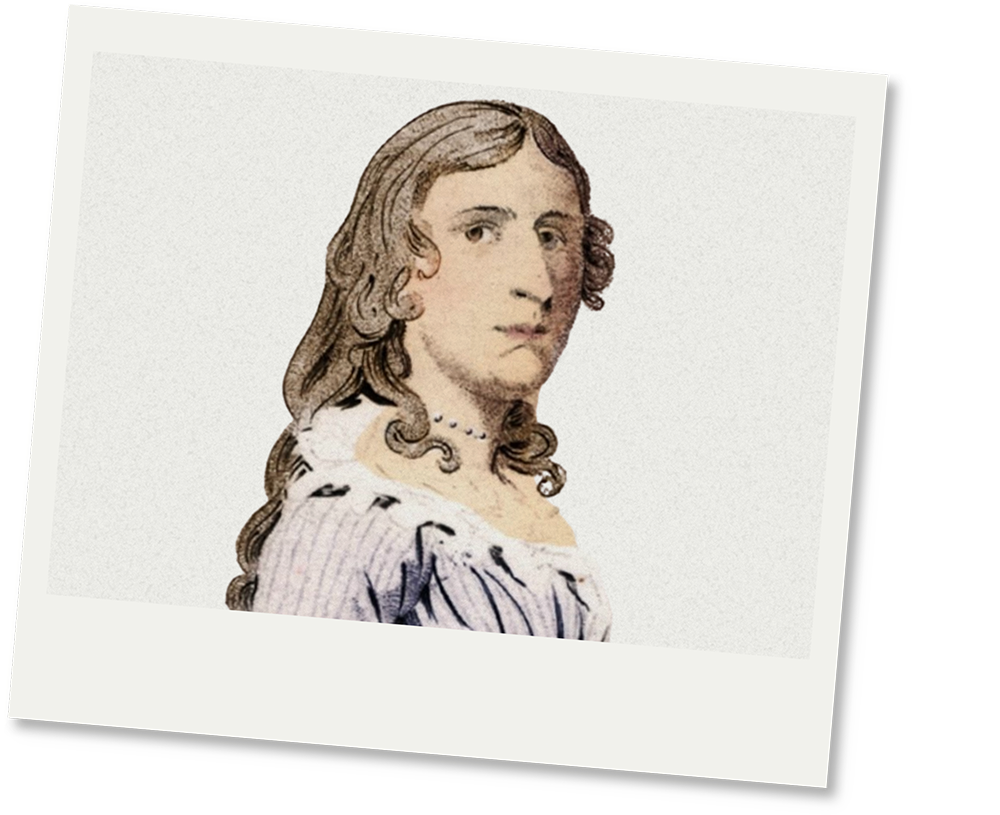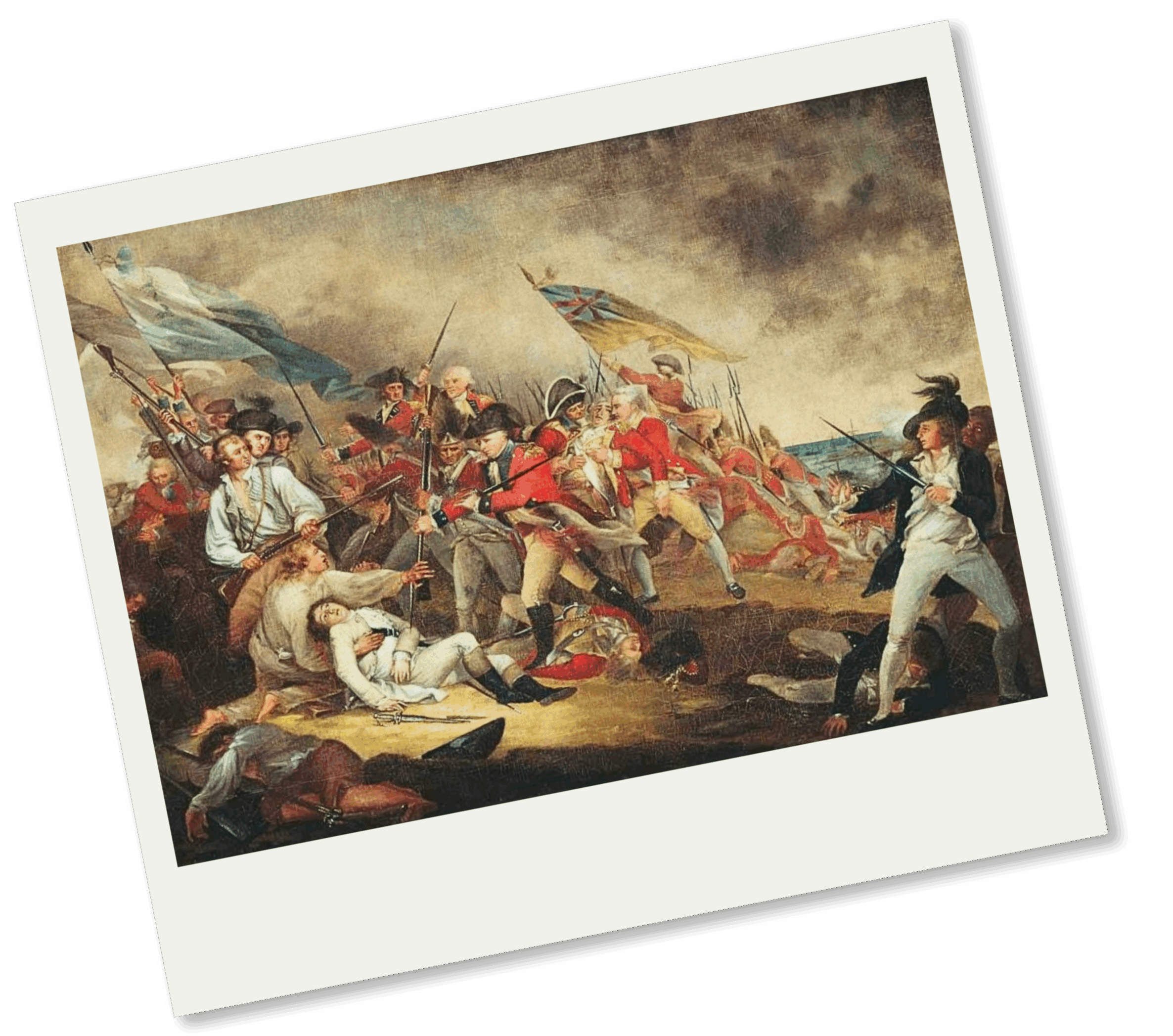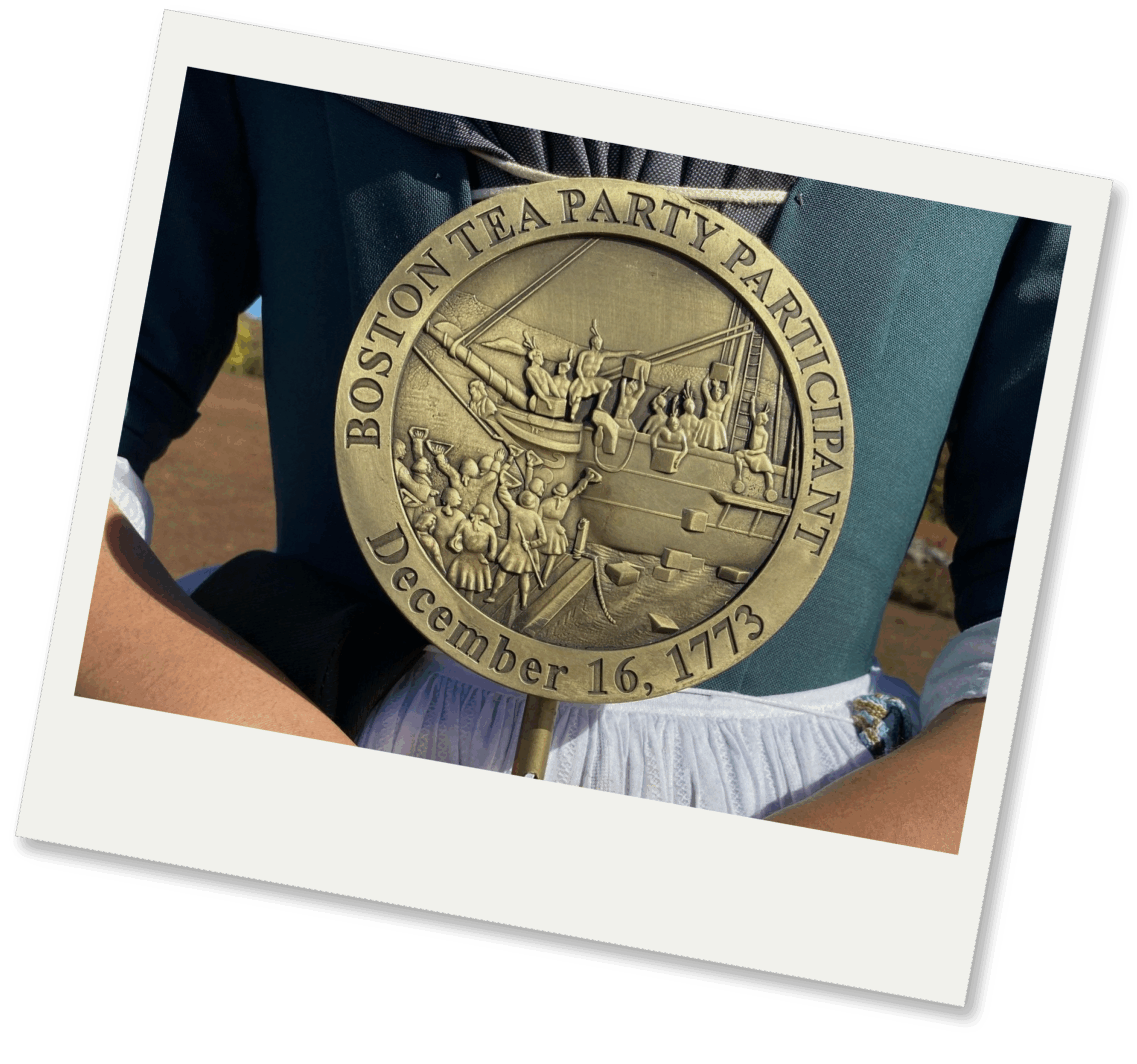 The Massachusetts 250 (MA250) campaign commemorates the 250th anniversary of the American Revolution — a defining moment that began right here in the Commonwealth. MetroWest played a vital role in that story, from early acts of resistance to the march to Concord on April 19, 1775. As part of the statewide MA250 initiative, the MetroWest Visitors Bureau is sharing the region’s Revolutionary stories, historic sites, and local heroes who helped shape the birth of a nation. Join us as we explore our shared past and honor the spirit of independence that still defines MetroWest today.
The Massachusetts 250 (MA250) campaign commemorates the 250th anniversary of the American Revolution — a defining moment that began right here in the Commonwealth. MetroWest played a vital role in that story, from early acts of resistance to the march to Concord on April 19, 1775. As part of the statewide MA250 initiative, the MetroWest Visitors Bureau is sharing the region’s Revolutionary stories, historic sites, and local heroes who helped shape the birth of a nation. Join us as we explore our shared past and honor the spirit of independence that still defines MetroWest today.
Join us on a journey through history with Revolutionary Paths: 250 Stories That Ignited Change — our yearlong storytelling campaign honoring America’s 250th birthday. Starting at the end of October 2025, and continuing through July 2026, we’ll share one story each day across our social media channels, spotlighting the people and places of MetroWest that shaped the American Revolution. From courageous women and Black and Indigenous soldiers to historic figures and lingering legends, these stories bring our Revolutionary past to life. Follow along on social media — and soon, experience the history firsthand by downloading our free SmartGuide mobile app for self-guided MA250 tours.

In the quiet streets of Bellingham, Massachusetts, a 21-year-old woman made a choice that would defy every expectation of her time. With women banned from the army, Deborah Sampson cut her hair, assumed the name Robert Shurtliff and slipped into the ranks of the Continental Army in 1782. She marched through grueling conditions, fought in bloody skirmishes, and even survived a musket ball to the thigh—removing one bullet herself, while leaving another one lodged, all to keep her secret. Her true identity remained hidden until illness in the summer of 1783 revealed the truth to a Philadelphia doctor, earning her an honorable discharge instead of disgrace. Deborah Sampson’s daring defiance makes her one of the first women to serve in the U.S. military and the first American woman granted a military pension. She stands as a bold trailblazer who shattered norms and inspired generations to come.

On the smoky, chaos-filled slopes of Bunker Hill, a young Black soldier from Framingham steadied his musket and aimed true. Peter Salem, born enslaved in 1750 and emancipated in order to join the fight for independence as a Minuteman, fired the shot that brought down British Major John Pitcairn—a moment that lifted Patriot morale and became a lasting symbol of resistance. Salem went on to fight in key battles from Lexington and Concord to Saratoga. His defining act is immortalized in John Trumbull’s famous painting of Bunker Hill at the Museum of Fine Arts, Boston, and his name stands alongside other Black patriots like Salem Poor, Seymour Burr, Titus Coburn, and Crispus Attucks—the first to fall in the Revolution, also from Framingham.

Who tossed tea into Boston Harbor that fateful night of 1773? Among the unknown patriots was John Dickman, a young man from Hopkinton, Massachusetts, who moved in the shadows, sworn to secrecy. He smuggled arms, fought at Bunker Hill, and helped fortify Dorchester Heights, all while keeping his daring deeds hidden from the world. It wasn’t until 1849, when his son-in-law revealed his exploits to a Harvard scholar, that the veil lifted. Nearly 250 years later, Dickman finally claims his place among the 116 known participants—a secret hero revealed at last. Markers at his Hopkinton home and grave pay tribute to a life of courage that waited centuries to be revealed.
